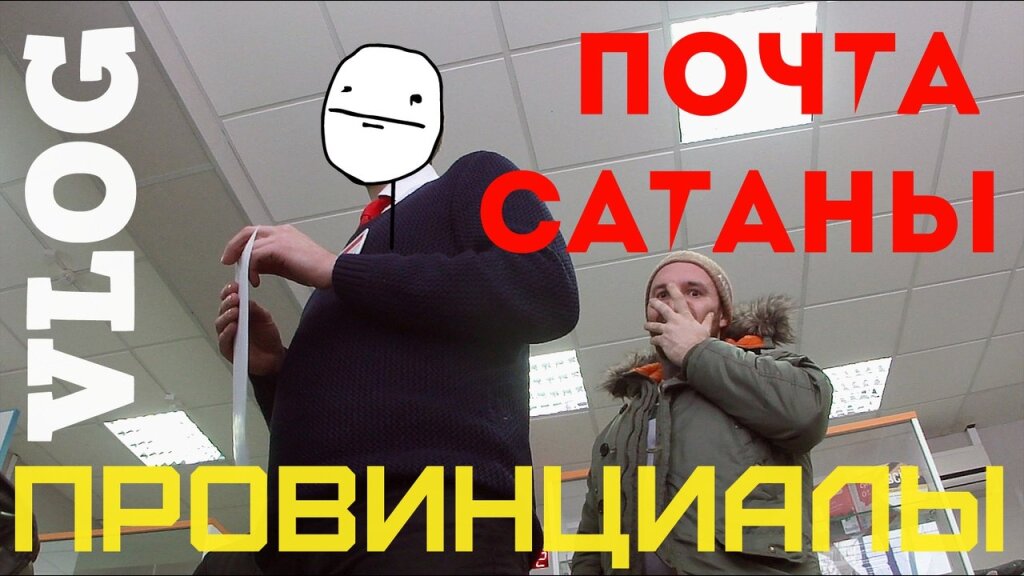This is the seventh installment of the Pelagia and the White Bulldog portion of “Rereading Akunin .' For the introduction to the series, and subsequent installments, go here.
CHAPTER 7
A Soirée
(CONTINUED)
As if in acknowledgment that most of us dozed off during Mitrofanii’s tedious disquisitions on good governance, Chapter 7 resumes where the narrative left off, literally mid-sentence. And since we are in the midpoint of the book, there is something poetic about that.
Mitrofanii has gathered all his faithful advisers (all except Pelagia, but she’ll have an extra special mission in just a few pages), hoping to come up with a plan to fight back against Bubentsov. Unsurprisingly, he frames the conflict in broader, more resonant terms: the struggle between good and evil.
More interesting, though, is that good and evil are posited in geographical terms involving war and invasion: “Field Marshal Kutuzov could abandon Moscow because he had territory into which he could fall back, but you and I, gentlemen, have nowhere to retreat.” All well and good. Here any city under siege could play the role of Moscow. But that’s not where Mitrofanii is going. The issue is precisely that Zavolzhie is not Moscow:
A capital city is not so much a local concentration of the life of society as a certain symbol of it, and a symbol may be abandoned temporarily. But you and I live in Zavolzhie; for us it is no abstract symbol, but our only home, and we do not have the right, nor even the opportunity, to allow it to be desecrated by the powers of evil.
This is a fascinating formulation, one that affirms the semiotic centrality of the capital while inverting the significance of its significance. As Anne Lounsbery demonstrates in her forthcoming monograph Life Is Elsewhere, the Russian capital cities have hoarded nearly all the meaning available to the entire country, and the provinces, deprived not just of significance but specificity, are reduced to empty, interchangeable wastelands where nothing matters.
Mitrofanii agrees with the general apportionment of symbolic meaning, but differs when it comes to the role of the provinces:
At various times each of us has been invited to serve in a more prominent capacity in the capital, but we did not go. Why? Because we understood that the capital is the kingdom of evil, and anyone who goes there loses himself and places his very soul in danger. But our world here is simple and good, for it is far closer to nature and to God. In our province, if you use your authority for serious work, you can keep your soul alive, but in Petersburg you cannot. The capital is a source of nothing but harm, nothing but violence against the natural life. And it is our duty to defend the region entrusted to our care against this onslaught. The devil is powerful, but his power is not secure, because it is founded not on human virtues but on human vices, that is to say, it is based not on strength but on weakness.
Satanic Petersburg is nothing new—Gogol, for one, made it his home-away-from-Dikanka. But to contrast it with a specific province, where righteousness prevails is, well, novel. Suddenly MItofanii’s tedious roadmap towards a better polity starts to pay off. In sleepy, far-off Zavolzhsk, his prescriptions are about the art of the possible. Capitals, by contrast, destroy the soul.
Now the novel’s various comings-and-going start to work together thematically. I already indicated that Bubentsov’s arrival was more than the usual “man comes to town, man leaves town” plot structure; Bubentsov comes to Zavolzhsk like Woland descending upon The Master and Margartia's Moscow. The comparison turns out to be more than superficial. Akunin’s cosmology is a displacement of Bugakov’s: Hell—>the capital gives way to the capital—>Zavolshsk. Woland merely brings out the evil barely concealed beneath Moscow’s surface, but Bubentsov is truly the serpent leading the residents of a provincial paradise into temptation. (More on that in a couple of chapters).
To combat Bubentsov, multiple journeys are required: Pelagia leaves the monastery for the town, eventually followed by MItrofanii. But still this is not enough. To uncover Bubentsov’s perfidy, Pelagia is going to have to reverse the very trajectory of her own life, temporarily abandoning her persona as Pelagia the cloistered Nun in favor of her previous self, Polina the woman of the world. Pelagia has done this before, and she is reluctant to undertake this journey again, precisely because she recognizes the temptation: being Polina is a lot more exciting than being Pelagia.
So Pelagia has to pretend to arrive in Zavolzshsk again, this time as her “sister” Polina. Why is such a spiritual regression required? We understand why in terms of plot mechanics, but the thematic level is more interesting. Bubentsov was a notorious sinner who gained his position in the church through an act of repentance and a pledge of subservience to an unsavory spiritual father. Pelagia, at the behest of her much more benign spiritual father, steps back into her old life as an ordinary sinner rather than a notorious one. The novel’s setting is Christian, but the battle is waged according to the rules of sympathetic magic.



